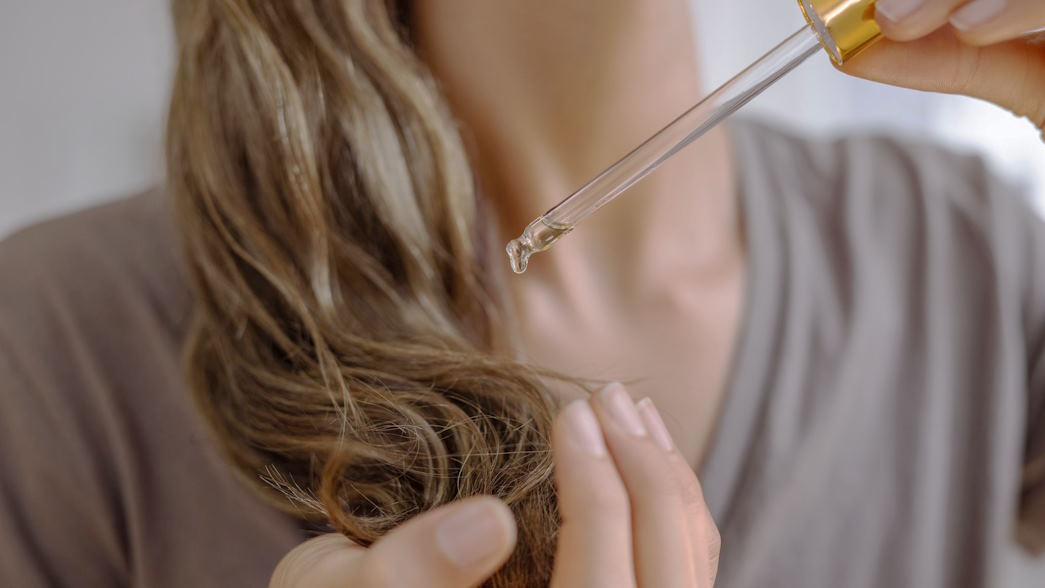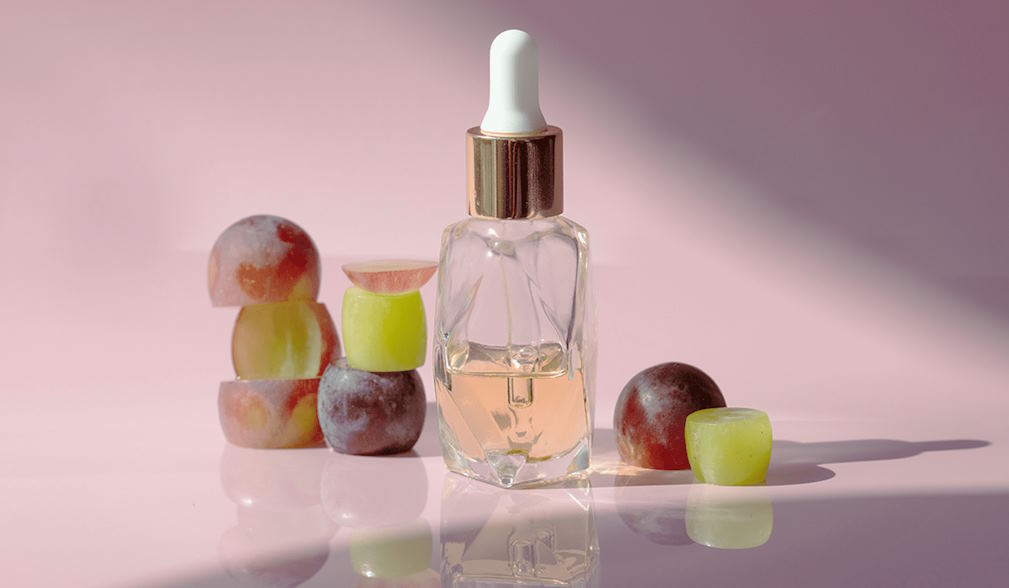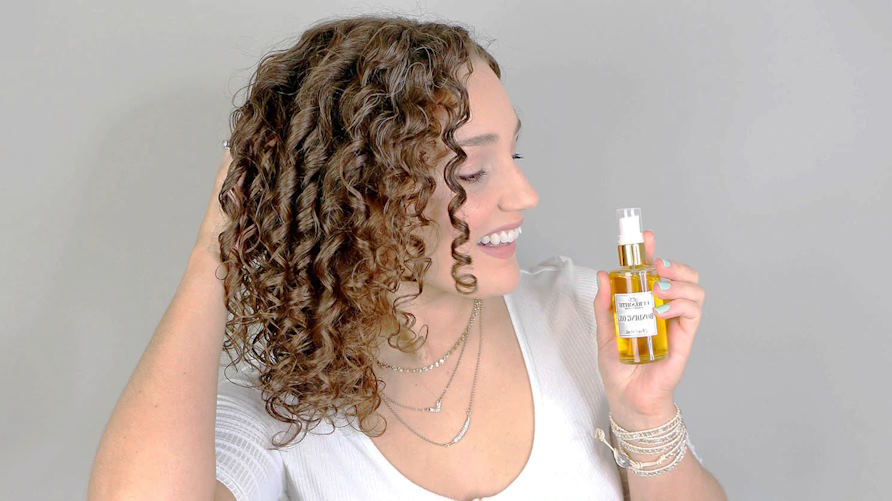May 14, 2024
Discovering the Facts About Hair Oils and Identifying the Right Ones for You

In the quest for stunning and healthy hair, the beauty industry bombards us with an array of products, each claiming to hold the key to the perfect mane. Amidst this sea of options, hair oils emerge as timeless champions, celebrated for their natural nourishing properties.
Benefits of Using Hair Oils
The merits of incorporating hair oils into your routine are manifold. These elixirs offer nourishment and hydration to parched strands, strengthen hair from root to tip, prevent damage caused by environmental factors, and promote a healthy scalp environment. The ability of hair oils to penetrate the hair shaft and provide essential nutrients makes them indispensable in addressing a variety of hair concerns. Whether you’re grappling with dryness, frizz, or breakage, the right hair oil can be a transformative addition to your hair care arsenal.
Identifying Your Hair Type and Needs
To navigate the expansive world of hair oils, it’s imperative to understand your hair type and specific needs. Hair types, categorized as straight, wavy, curly, or coily, each come with their unique characteristics and challenges. Additionally, assessing specific concerns such as dryness, frizz, or breakage provides valuable insights into tailoring your hair care routine. Moreover, understanding your scalp condition—whether it’s oily, dry, or prone to dandruff—helps in selecting oils that address these specific issues.

Choosing the Right Hair Oil
The key to unlocking the full potential of hair oils lies in selecting the right ones for your unique hair profile. Matching hair oils to your hair type and concerns is a crucial step. For example, coconut oil is celebrated for its moisturizing properties and is well-suited for dry and damaged hair, while argan oil is renowned for its ability to tame frizz and enhance shine. Consideration of individual preferences and lifestyle also plays a role in the selection process, ensuring that the chosen oils align with your daily routine.
Reading ingredient labels and avoiding harmful additives is another essential aspect of choosing the right hair oil. Opting for natural and organic options can minimize the risk of exposure to potentially harmful chemicals. Familiarizing yourself with the properties of popular hair oils, such as coconut oil, argan oil, jojoba oil, olive oil, castor oil, and almond oil, provides a roadmap for making informed choices tailored to your unique hair needs.
How to Apply Hair Oils
Once you’ve identified the right hair oils, understanding how to apply them effectively is key to reaping their benefits. Pre-shampoo treatments, overnight applications, and leave-in treatments are common methods of incorporating hair oils into your routine. Each method offers unique advantages, allowing you to customize your approach based on your preferences and lifestyle. Additionally, exploring do-it-yourself (DIY) hair oil recipes empowers you to create personalized blends that cater to your specific hair concerns.

Potential Side Effects and Precautions
While hair oils offer a myriad of benefits, it’s crucial to be aware of potential side effects and take necessary precautions. Allergic reactions can occur, especially for individuals with sensitivities to certain botanical extracts. Excessive use of hair oils can lead to product buildup, causing greasiness and weighing down the hair. Patch testing before applying new oils ensures that adverse reactions are minimized, and incorporating oils into your routine in moderation prevents unintended consequences.
Expert Tips and Recommendations
Seeking advice from experts, such as hairstylists and dermatologists, can provide valuable insights into optimizing your hair oil routine. These professionals can offer personalized recommendations based on your specific hair type and concerns. Considering seasonal factors, such as changes in humidity and temperature, also guides adjustments to your hair care routine, ensuring that your tresses remain resilient and healthy throughout the year.





